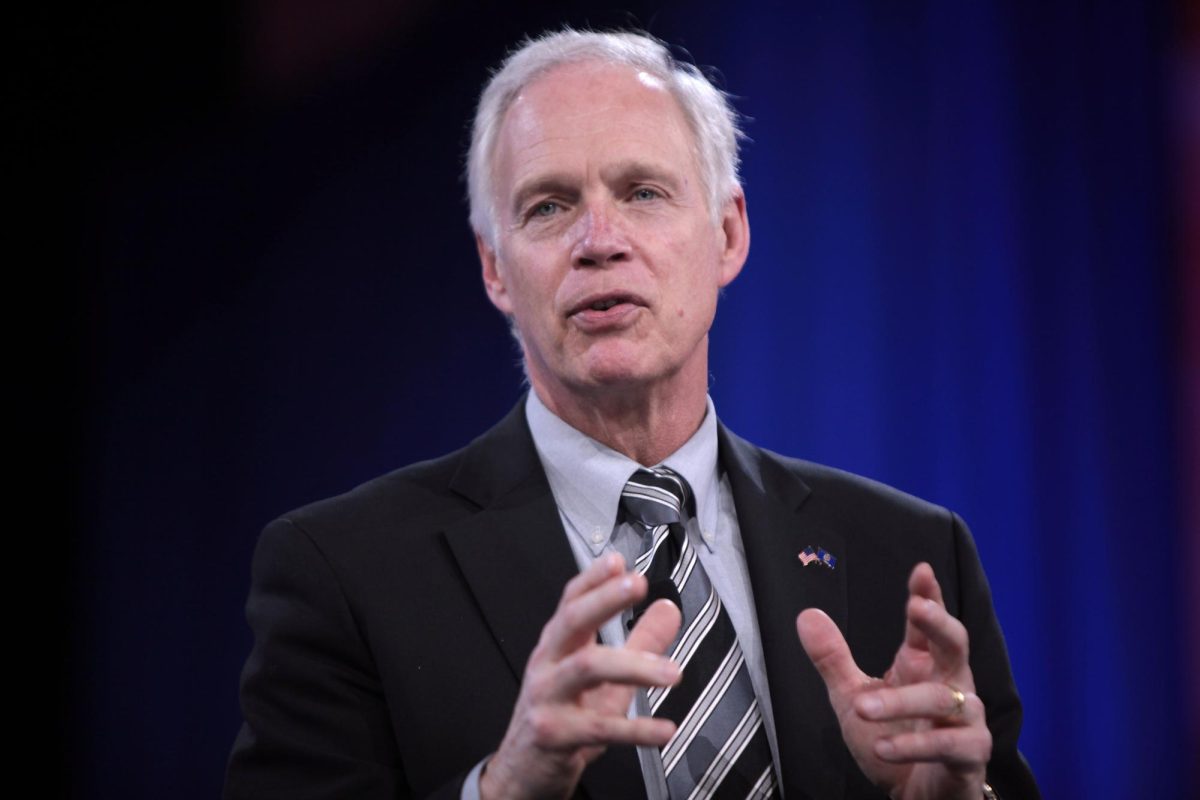In response to lower enrollment and rising student costs, the Oshkosh Student Association will be exploring thousands of dollars in segregated fee price cuts for the 2016-2017 school year, which may mean cuts to Titan Transit and additions to campus safety and readership programs. Segregated fees are included in every student’s tuition, and provide funding for a gambit of services including the Student Health Center, student organizations and certain long-term building projects. Titan Transit, a fleet of buses that run through campus and the surrounding area, is also funded through a portion of segregated fees. This year, each student paid $10.37 for unlimited access to the bus service. Despite the convenience for students, OSA President Jordan Schettle said some buses aren’t being utilized as much as anticipated. Schettle’s plan, still to be proposed to OSA Assembly and Senate, would remove one bus on certain low-use days, and maintaining the two-bus route on days with higher volumes of passengers. “We could save roughly $34,000 a year,” Schettle said. “That’s a lot of money.” Schettle said nothing is set in stone and OSA will be exploring other price-effective options and rider statistics before the budget is drafted and proposed in early December. UWO senior Gary Flick said he rides the bus every day during the week to get to campus, but says he doesn’t see any more than five other students on the bus at one time. “I think [Titan Transit is] great for students like me who don’t have cars because college is, indeed, so expensive,” Flick said. “However, due to the small number of students who use the bus pass privilege, I think stopping the deal with city transit to save money is a lot more sensible than cutting funding to things like our outstanding soccer program.” Schettle said the University doesn’t expect enrollment to increase next year, so he wants OSA’s budget to reflect the realities of the shrinking student body. “Our funding comes directly from the amount of students on campus and we’ve seen a downward trend with less students on campus,” Schettle said. “I worked with my executive team and discussed if it was reasonable of us to ask for an increase in segregated fees, ask for the same status-quo in segregated fees or if we could look at ways to streamline a few programs to reduce costs in the end.” Vice Chair of the Segregated Fee Committee Christopher Stockus said he supports Schettle’s goals of reducing costs, but it may prove to be a more difficult process, particularly with the steady upward trend in segregated fees as building projects advance and prices increase. “I’m not sure how likely it is,” Stockus said. “[Segregated fees have] always gone up, but it will depend on if different units also look ways to trim fat, are willing to raise funds or tap into their reserves.” Stockus also said OSA is not in control of all aspects of segregated fees, and other projects not in their control may still increase. “I support his goals to reduce costs, but [Schettle is] limited to what he can do,” Stockus said. “OSA doesn’t have control over the Student Health Center or Reeve renovations, for example.” Schettle said if these costs are cut, some of the $34,000 saved from Titan Transit will be reinvested to other student services. The Buzz App, available to UWO students by USA Today, features news articles from a variety of sources. “It cost us about $7,500 last year, however that price will go up to about $15,000,” Schettle said. “That was an agreement we’ve had for the past few years and we understood that was going to be a cost that would increase, but we would try to supplement that cost in some way.” Other funds may be channeled into the UWO Police Department to supplement the Safe Walk program and more texting capabilities between police and victims of crimes. OSA would partner with USRH to cover the costs, according to Schettle. “Right now, OSA spends $19,000 towards the CSO program, training and supplies,” Schettle said. “I spoke with Interim Chief [Christopher] Tarmann and he stated that he would like the ability to communicate back to someone in need, specifically via texting services. The current Titan Alert program they have would offer them those services, but it would be an additional $5,000.” A final avenue Schettle has begun to explore is purchasing a vehicle to augment the Safe Walk program during high-traffic times. “I’ve noticed that Safe Walk is a wonderful service for our campus,” Schettle said. “It’s very easy to assume, though, that times in which there is high traffic for safe walks, someone would be deterred from calling safe walks because they don’t want to wait.” Schettle learned of a program at UW-Madison that equips its campus police with a small golf cart-like vehicle used to shuttle students home safely instead of walking them individually. “We’re looking at ways to either save up for that purchase or if it’s cheap enough right now, going all in and hopefully buying that for the University Police Department,” Schettle said.
Categories:
OSA explores budget options
November 19, 2015
0
More to Discover








